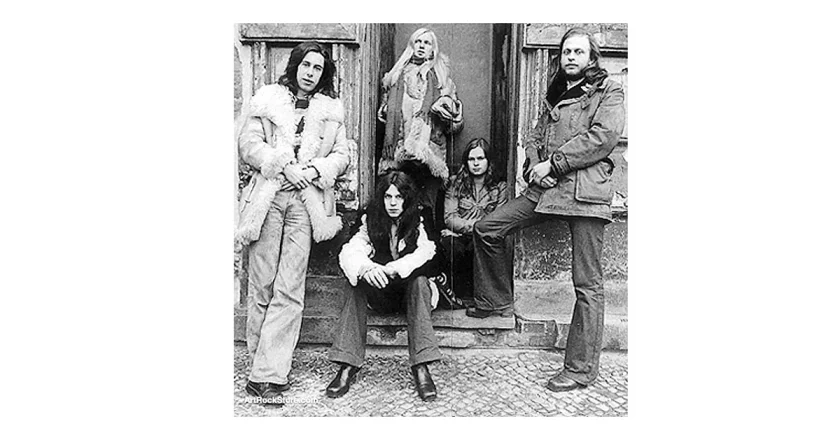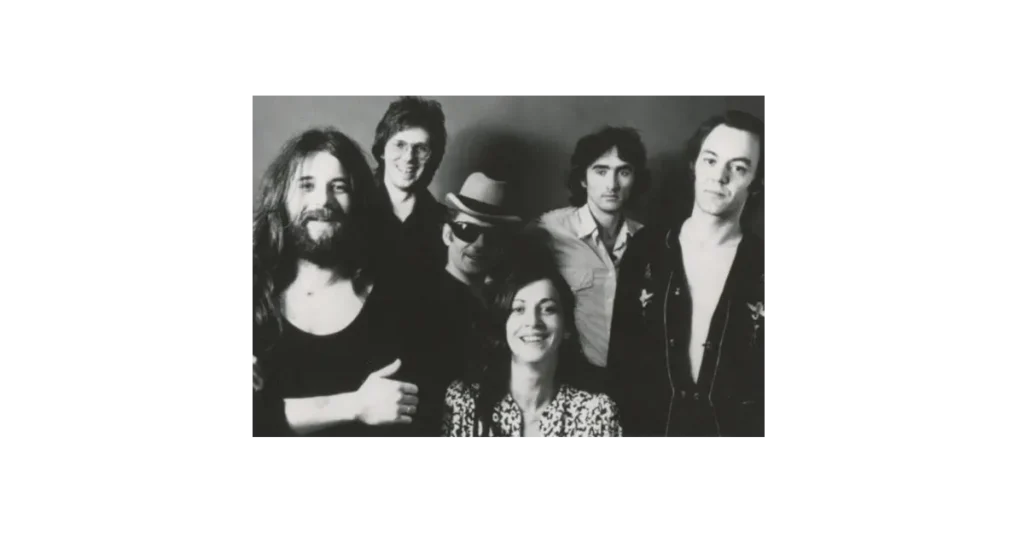Agitation Free: Pioneers of German Krautrock
Formation and Early Years
Agitation Free was founded in 1967 in West Berlin, Germany, by Lutz “Lüül” Ulbrich (guitar), Michael Günther (bass), Christoph Franke (drums), and Michael “Micki” Duwe (guitar). Emerging in the late ’60s amid the blossoming krautrock scene, the band aimed to create a unique sound that blended experimental music with freeform improvisation.
Members and Changes
The lineup of Agitation Free saw numerous shifts over the years, with notable musicians such as Michael Hoenig (keyboards) and Axel Genrich (guitar) each contributing their unique styles. Ulbrich was a constant presence, and the band worked with figures like Manuel Göttsching, strengthening its reputation within the Berlin music scene.
Musical Style and Influences
Agitation Free is known for its broad musical palette, fusing rock, jazz, electronic, and improvisational elements into an atmospheric krautrock sound. The band was influenced by groups like Pink Floyd, yet developed a distinctive identity through lengthy improvisations and layered, immersive soundscapes, becoming a key force in krautrock.
Discography
1. Malesch (1972)
Their debut album, Malesch, was heavily inspired by the band’s travels through Arab countries. Filled with improvisational pieces and exotic sounds, it provides listeners with an adventurous musical journey. Malesch gained attention outside Germany and laid the groundwork for their international success.
2. Second (1973)
On their second album, Second, Agitation Free refined their style further by incorporating elements of jazz and ambient music. This album features extended instrumental pieces, solidifying the band’s krautrock signature.
3. Last (1976)
Released after the band’s breakup, Last is a live album that showcases Agitation Free’s improvisational skills and live energy. It serves as a fitting farewell and a testament to their unique sound.
4. Fragments (1995)
After reuniting in the 1990s, the band released Fragments, an album that includes both older recordings and new material. This mix of nostalgia and innovation reaffirmed Agitation Free’s lasting impact on the krautrock genre.
5. Shibuya Nights (2011)
Recorded in Japan, this live album features classic tracks from the band, demonstrating their characteristic energy and improvisation skills. Shibuya Nights bolstered their international reputation and reflected their strong Japanese fanbase.
Legacy and Influence
Agitation Free is regarded as a key figure in the krautrock movement. Their focus on improvisation and experimental sounds made them an inspiration for many rock and electronic artists today. Alongside contemporaries like Tangerine Dream and Ash Ra Tempel, Agitation Free exemplified the intellectual depth and exploratory nature of krautrock.
Conclusion
Agitation Free made a lasting mark on German music history with their innovative, freeform approach to music. Through extended improvisations and a blend of diverse musical influences, Agitation Free remains a defining monument in krautrock.





